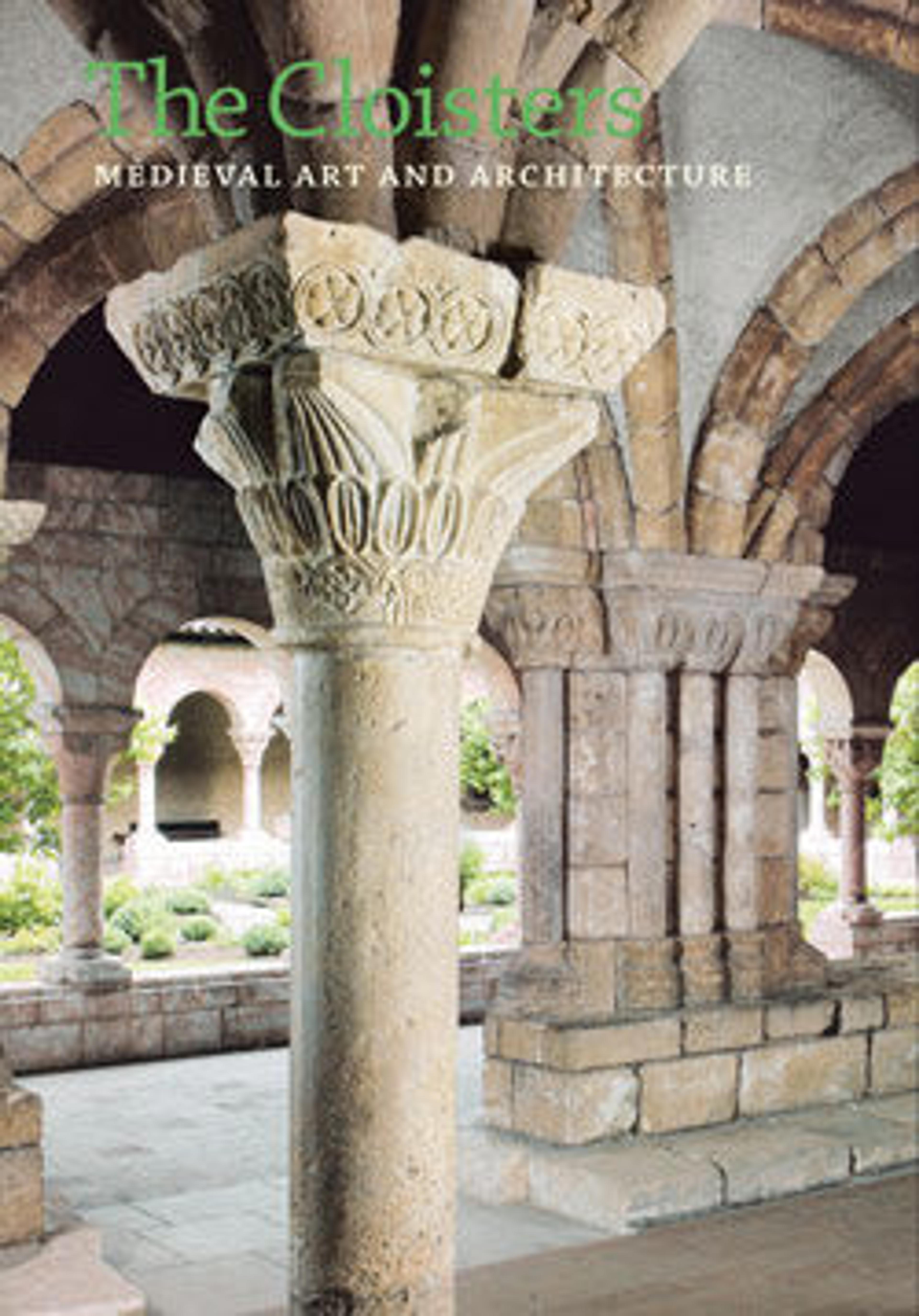Relief with the Annunciation
Artwork Details
- Title: Relief with the Annunciation
- Date: ca. 1180–1200
- Geography: Made in Florence, Central Italy
- Culture: Italian
- Medium: Carrara marble inlaid with serpentine (verde di Prato)
- Dimensions: 26 1/2 x 24 x 4 3/4 in. (67.3 x 61 x 12.1 cm)
- Classification: Sculpture
- Credit Line: The Cloisters Collection, 1960
- Object Number: 60.140
- Curatorial Department: Medieval Art and The Cloisters
Audio
18. Relief with the Annunciation
Gallery 3
NARRATOR: This rectangular marble panel depicts the Annunciation to the Virgin, with the archangel Gabriel emerging under an arcade to the left. Above the arcade, a city wall forms the backdrop. This is a distinctly Florentine sculpture, particularly in its use of white marble and the style of the carving, and in the use of inlaid stones. The inlaid stone here is the greenish-black serpentine. It’s found in a lot of Tuscan sculpture from this period. The relief dates from the end of the twelfth century, and was originally a panel that decorated the pulpit in the Florentine church of San Piero Scheraggio. The church itself no longer survives but the other panels from this pulpit still exist. They consist of carvings that show the Tree of Jesse, the Nativity, the Adoration of the Magi, the Presentation in the Temple, the Baptism of Christ, and the Deposition.
More Artwork
Research Resources
The Met provides unparalleled resources for research and welcomes an international community of students and scholars. The Met's Open Access API is where creators and researchers can connect to the The Met collection. Open Access data and public domain images are available for unrestricted commercial and noncommercial use without permission or fee.
To request images under copyright and other restrictions, please use this Image Request form.
Feedback
We continue to research and examine historical and cultural context for objects in The Met collection. If you have comments or questions about this object record, please complete and submit this form. The Museum looks forward to receiving your comments.
